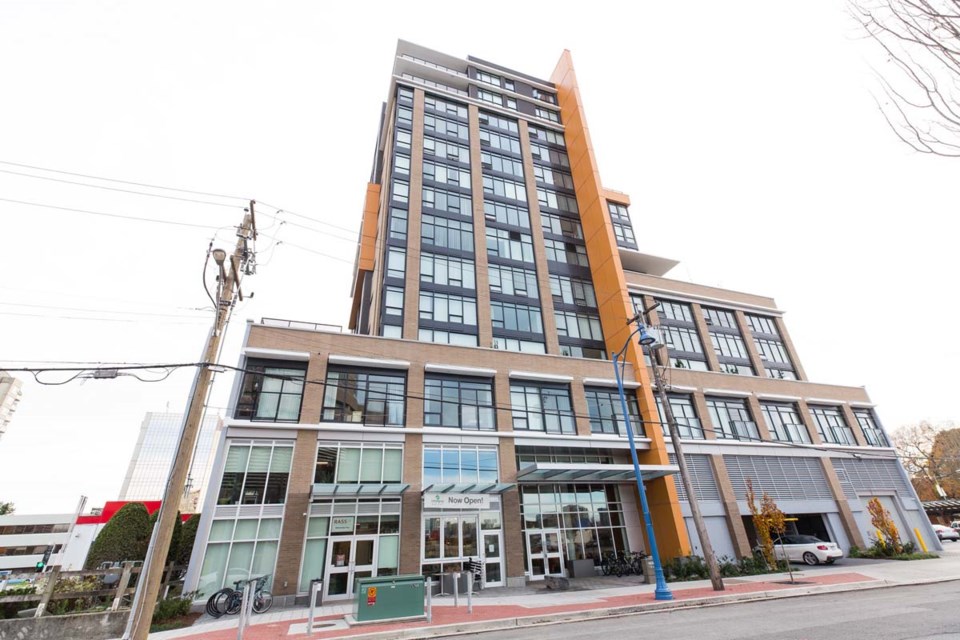Funding for recovery beds in Richmond will increase as of October to help their clients with mental health and substance use issues.
As of Oct. 1, increases ranging from $5 to $15 will go to support clients at recovery facilities across the province who are funded through income assistance.
According to the Ministry of Mental Health and Addictions, the last increase in funding for mental health and substance use facilities was in 2008.
Turning Point Recovery Society, which runs two recovery homes in Richmond, however, has had the same government subsidy of $40 for eight of its 20 beds since the late 1990s, explained Brenda Plant, executive director of Turning Point.
As a licenced substance use recovery home, Turning Point will now get an additional $5 per day for income-assisted clients.
Plant called the increase an “acknowledgment” by the government that more work needs to be done and more funding is needed, but she pointed out it will have a “minimal” impact on their society’s operations.
The demographics of the clients they serve have changed over the years, Plant said, with more complex needs requiring more intense services and more professional staff.
“(The funding increase will) have an impact, but it won’t be substantial enough to offset the cost due to the complexity of clients we serve, the staffing models that we really need to have in place to ensure clients are safe, and programming,” Plant said. She calls the substance use recovery system in B.C. “fragmented” and she hopes this is just the first step before a comprehensive funding review is done.
Plant has witnessed this change in demographics during her 15 years at the helm of Turning Point, with many clients now seeking treatment for multiple addictions.
Furthermore, the opioid crisis caught everyone “off guard,” she added.
When Plant first started working at Turning Point, about three-quarters of their clients came seeking treatment for alcoholism. Currently, 47 per cent come to Turning Point with an alcohol addiction and many clients come with multiple addictions, for example, alcohol and cocaine. Recent numbers show 32 per cent of Turning Point clients are addicted to methamphetamines and cocaine, and about 20 per cent come with an opioid addiction.
“Kids in this generation are getting addicted younger and they’re getting exposed to way more drugs at a younger age than previous generations,” she added. “So the likelihood of them becoming poly-substance users has increased substantially.”
The daily rate is paid on behalf of people receiving income assistance directly to their mental health or substance use facility.
According to Vancouver Coastal Health, the increases will affect 11 support recovery beds in Richmond.
The province also announced it is tightening up regulations at registered recovery homes as of December (which are registered with the Ministry of Health, not licenced through the local health authority and thereby subject to annual inspections).
The new regulations for registered recovery homes are being implemented to make sure staff have the appropriate training, skills and qualifications. In addition, the new regulations require that clients at recovery homes have a personal service plan to help them with their recovery as well as support to make a safe transition out of the recovery home and to connect them with support services in the community after leaving.



